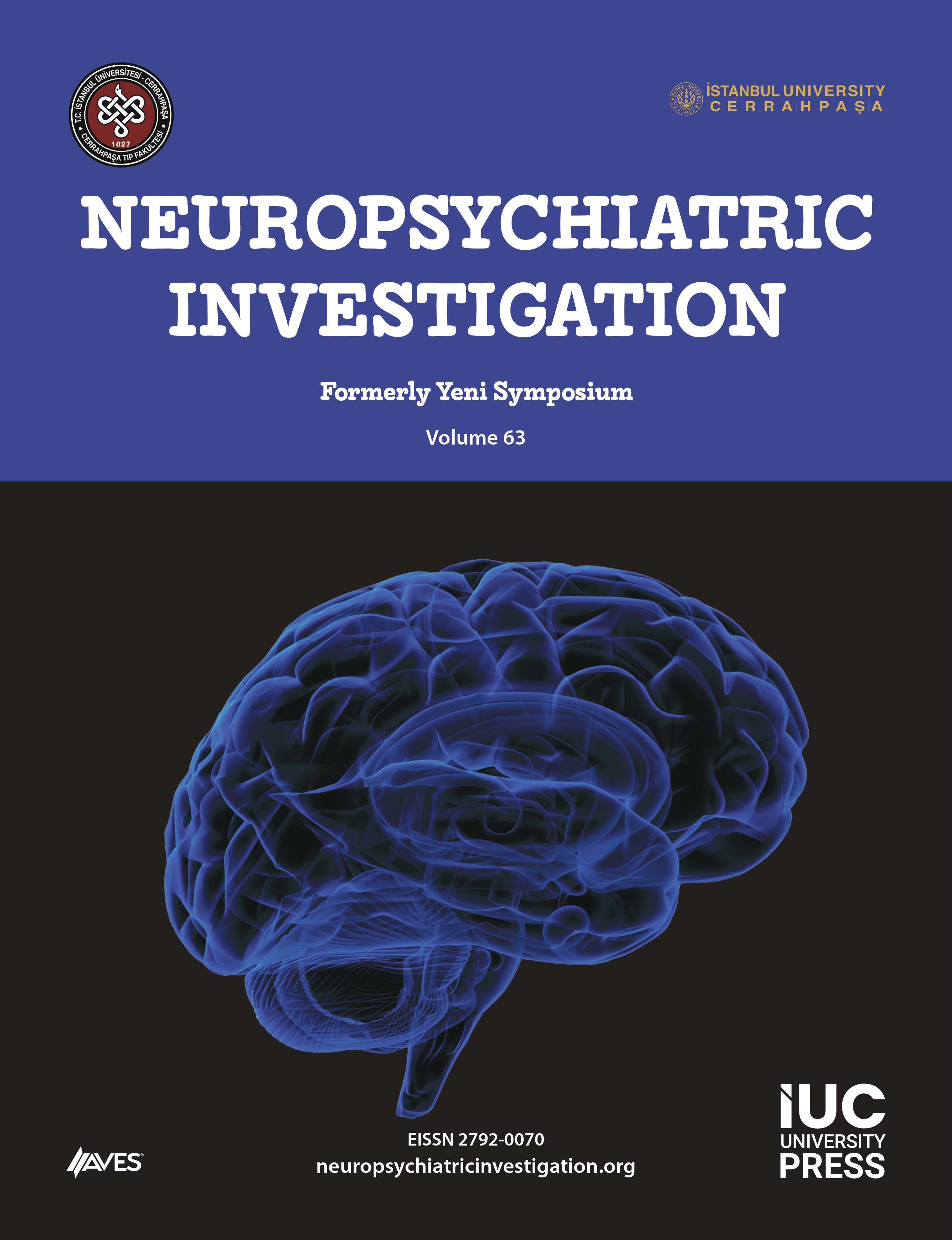Objective: Psychological resilience refers to the process of harnessing resources such as social support and meaningful interactions in order to better adjust to a host of traumatic events including sexual assault. Sexual assault is one of the most distressing events an inpidual can experience and still very prevalent in the world. In this study, we aimed to investigate the associations among social support, loneliness, and resilience in a sample of female survivors of sexual assault and a possible mediator role of loneliness between social support and resilience.
Method: The study was conducted with 81 female survivors (M =21.01, SD = 4.18) who applied to the Istanbul Forensic Institute for their psychiatric evaluation. They were assessed with the UCLA Loneliness Scale, Multidimensional Perceived Social Support Scale, and Resilience Scale.
Results: As expected, support and loneliness are moderately correlated with resilience scores. The results of regression analysis and Sobel’s significant test displayed that social support has an indirect effect on resilience, and loneliness is the mediator in between. Participants who have social support are less likely to feel lonely, which in turn contributes to more resilience.
Conclusion: Social support is effective only when it decreases the sense of loneliness in survivors. Because people prefer not just the presence of others but they also wish to have actual meaningful relationships that would make them feel no longer lonely and socially isolated to cope with adverse events.




.png)